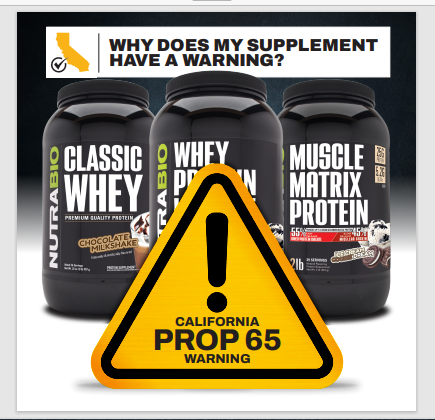EndurElite Chief Endurance Officer Matt Mosman discusses what cortisol is, the critical functions it plays in the body, what happens when cortisol levels are chronically elevated, and why this stress hormone is misunderstood by runners, cyclists, OCR, and other endurance athletes.
Video Transcript


